B2B: What data lead generation should deliver to marketers
In an era where Big Data rules in many companies’ marketing departments, it is interesting to see where pay-per-lead marketers see the best value in. A recent survey by Business.com conducted in May 2013 of 500 active pay-per-lead advertisers (with SMB market focus) states that most B2B marketers value a buyer’s purchasing time horizon as the most important data point they want (51%). The problem is: They often cannot get that data set.
The second most important data point for leads is the employee size figure of the buyer’s company (31%) which these marketers say would be extremely valuable to get. In the third place comes the industry sector (29%) and then the job title of the business decision maker (20%).

As shown here and here in different other studies, the survey concludes that content marketing becomes more and more valueable for lead generation.
More than half of the people responding (51%) the study said that leads generated via whitepapers are valuable or extremely valuable. Webinars are also on the rise with 34% responding that leads from hosted webinars that feature their company or products are valuable or extremely valuable. Leads generated via sponsored email still find their interest among B2B marketers. Still, 38% stated these are valuable or extremely valuable, followed by case studies (38%) and video (35%).

Spot On!
If we think of the “old BANT process”, the study lacks some answers and findings in terms of making us understand the importance of budget in these days. Not surprisingly though, the study still mentions that 42% expressed strong interest in “hot transfer” leads (connecting companies immediately with leads as they come in) which probably are most promising in terms of fast lead conversion. When 60% see lead scoring as essential for the lead generation process, individual leads still is assigned a score reflecting the likelihood of a response. Maybe this should serve an answer on the BANT budget topic. For me that was not quite clear though.
SO, what would be your answer: IS the BANT process still valid? And what data set would be important to your sales process?

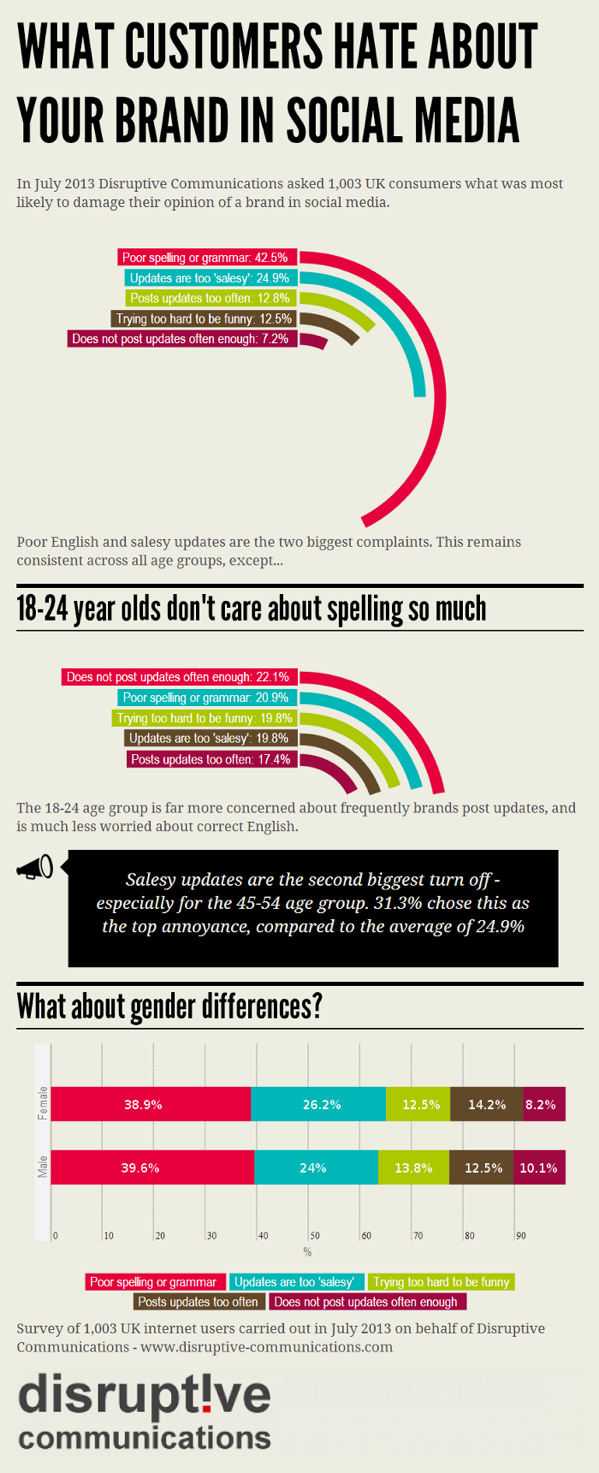

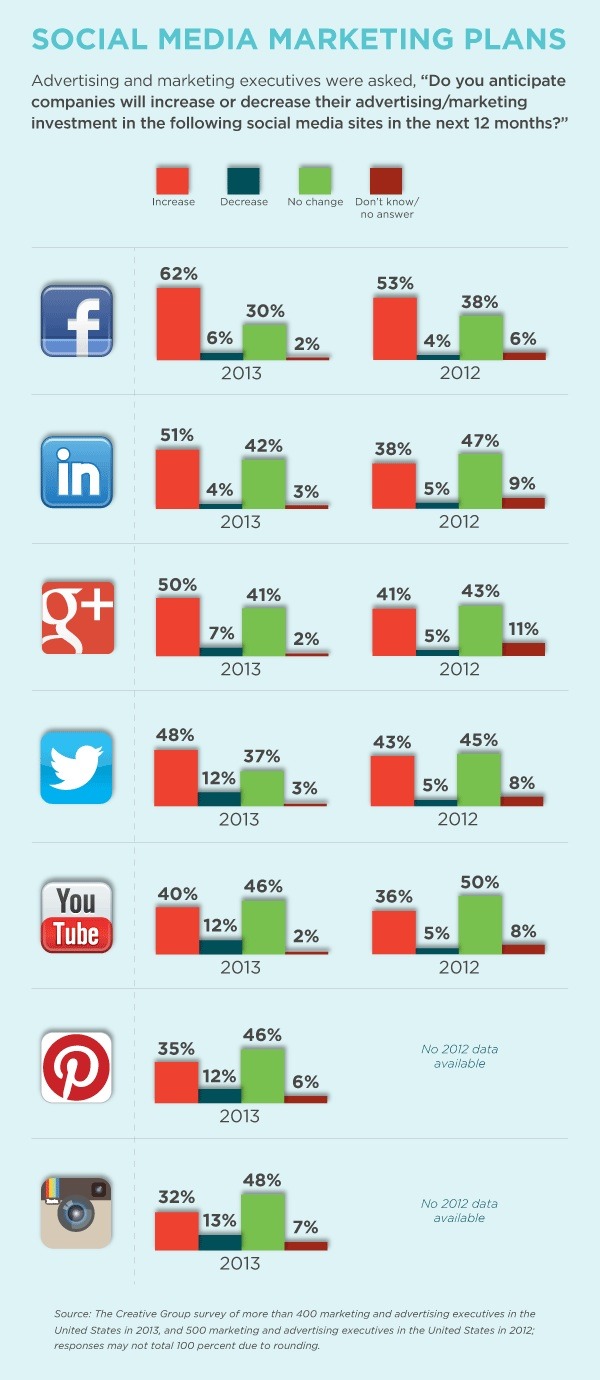

 There are different views on why
There are different views on why 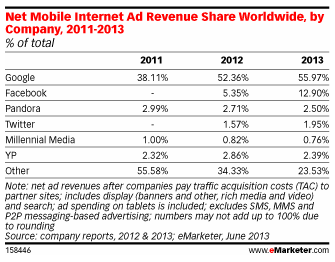 Now, although mobile ad revenue is far from reaching big amounts of ad spendings, many marketers see it as a growth area. Whatever the number that is attached to total mobile ad revenue worldwide is, Google is the leader with over half of surveyed people according to eMarketer. And if you see the numbers it seems that Gogle is still not happy with the budget chunk they do get, reaching out for more it seems. But also Facebook investors will see some light at the end of the tunnel with mobile ads on the rise. However, Google might like the competition but all that market dominance simply making way for some more challenging competition.
Now, although mobile ad revenue is far from reaching big amounts of ad spendings, many marketers see it as a growth area. Whatever the number that is attached to total mobile ad revenue worldwide is, Google is the leader with over half of surveyed people according to eMarketer. And if you see the numbers it seems that Gogle is still not happy with the budget chunk they do get, reaching out for more it seems. But also Facebook investors will see some light at the end of the tunnel with mobile ads on the rise. However, Google might like the competition but all that market dominance simply making way for some more challenging competition.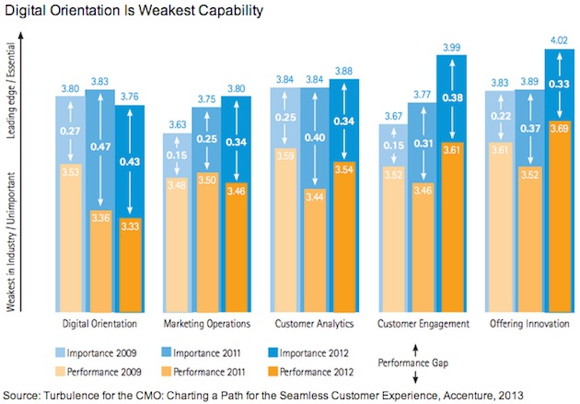



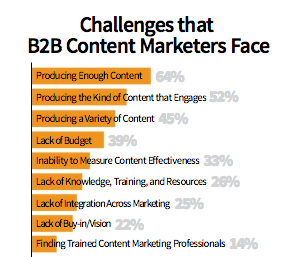 So, a questions arises that also came up today in my moderation: What is the real issue, why marketers don’t challenge the content marketing business?
So, a questions arises that also came up today in my moderation: What is the real issue, why marketers don’t challenge the content marketing business? Spot On!
Spot On!